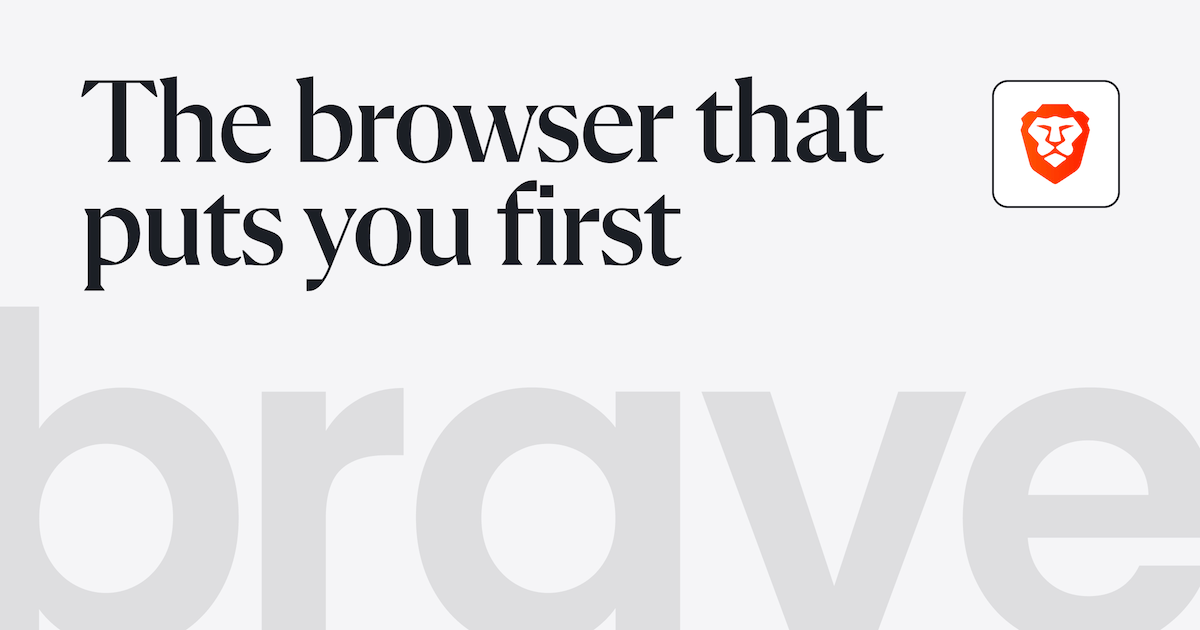With the recent release of a new feature, Brave Search now allows you to build or use unique filters that alter the order of the results. It’s called “Goggles,” and it could be able to assist you to identify sources that conventional search engines like Google might not immediately turn up. Users may now test out several demonstrations of Brave that prioritise articles from smaller tech blogs and filter out posts from the top 1,000 websites on the internet.
Because Brave obviously understands the annoyance of attempting to get an image and receiving a Pinterest post with no source, there is even a Google to omit posts from Pinterest. According to Brave, developers are free to modify or fork these Goggles as they see fit. Once people start coming up with their own, it will start eliminating these Goggles, but I hope the Pinterest one stays. It doesn’t matter if Brave claims their engine, which is separate from companies like Google and Bing, “doesn’t have editorial biases,” because biases are inherent in all algorithms. This is what goggles are intended to do, allowing you to basically shape your own prejudices. I was pleased by how effectively the functionality really functions after testing it out for myself.

The Verge was nowhere to be seen when I searched for “AirPods Pro review” with the “Tech blogs” filter on. Instead, a number of independent websites appeared. I performed a similar search on Google for comparison’s sake and saw that The Verge was included on the first page of results. But I was a little let down to discover that making your own Goggles is more difficult than I had anticipated – here I had assumed that you could just insert your own keywords or toggle on a variety of filters. As it turns out, some code is required; developers may read more about the tool on GitHub. I’ll simply have to wait till someone creates a Google that allows me to just access stories from humorous sites for the time being. In addition to announcing the release of Goggles, Brave also disclosed that their search engine is no longer in beta and that 2.5 billion queries had already been made using it in the previous year. The Swiss Army knife of search engines is swiftly emerging as Brave (at least in my opinion). It started removing the requirement for users to add “Reddit” at the end of their searches when it launched a new Discussions feature in April. Instead, it now shows results from Reddit for pertinent queries.



